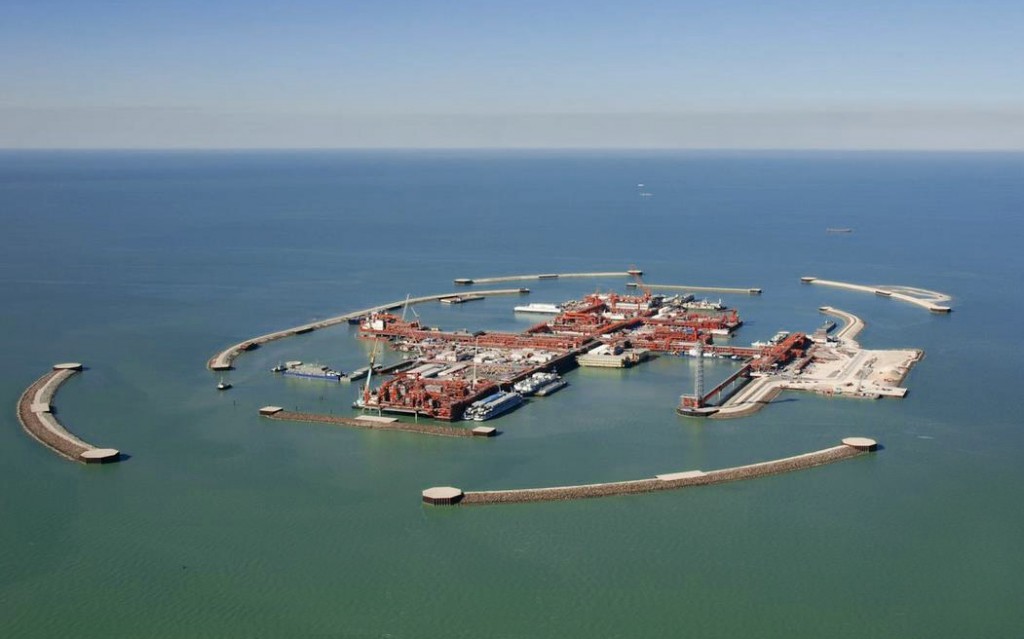ASTANA – Production at Kazakhstan’s giant Kashagan offshore oil field is expected to restart in 2017, Royal Dutch Shell stated in its 2014 annual report.
“After the start of production from the Kashagan field in September 2013, operations had to be stopped in October 2013 due to gas leaks from the sour gas pipeline. Following investigations, it has been decided that both the oil and the gas pipeline will be replaced. Replacement activities are ongoing, with production expected to restart in 2017,” page 27 of the annual report, released on March 12, said.
After sour gas leaks forced production to halt soon after it began in late 2013 – already years behind the original schedule – predictions as to when the project would actually produce have been repeatedly made and then pushed back, and even in late January of this year, Energy Minister Vladimir Shkolnik was announcing that Kashagain would come online in late 2016.
Reuters reported in February that Italian oil service company Saipem had won a $1.8 billion contract to replace leaking pipelines at the giant field in Kazakhstan. Saipem’s statement on the contract to build two 95-kilometre pipelines said “The construction will be completed by the end of 2016,” the Feb. 6 article said.
Kashagan’s oil is deep below the Caspian seabed at very high pressure, and its associated gas has extremely high levels of toxic and corrosive hydrogen sulphide, the cause of pipe leaks and subsequent delays. Saipem’s new pipelines will be made of carbon steel and lined inside with a corrosion-resistant alloy layer, Reuters reported.
The Kashagan field is operated by the North Caspian Operating Company, and partners in the project include Shell, Italian energy company Eni, ExxonMobil, Total, the China National Petroleum Corporation, Japan’s Inpex and KazMunayGas. Upon its discovery in 2000, Kashagan field was considered to be the biggest oil discovery in 30 years. Because of the low temperature, high pressure and sour gas associated with the project, it is also considered to be one of the world’s most challenging.


